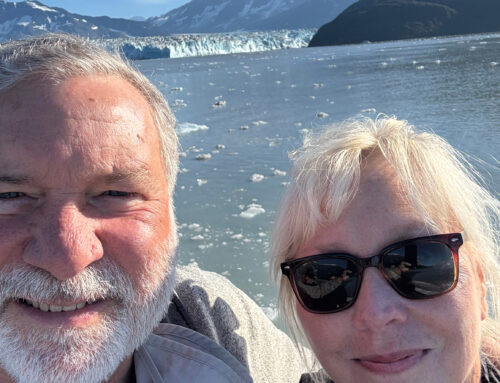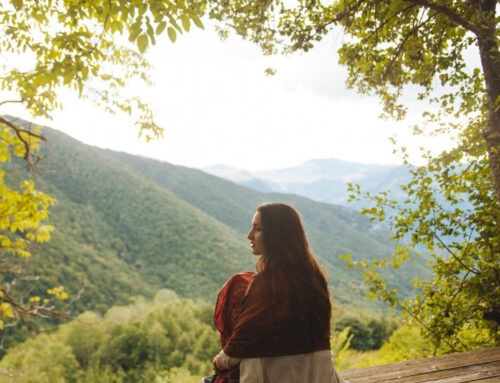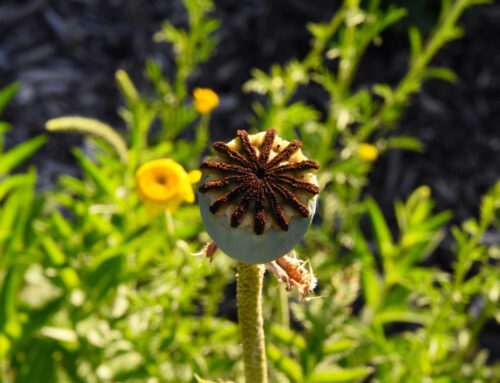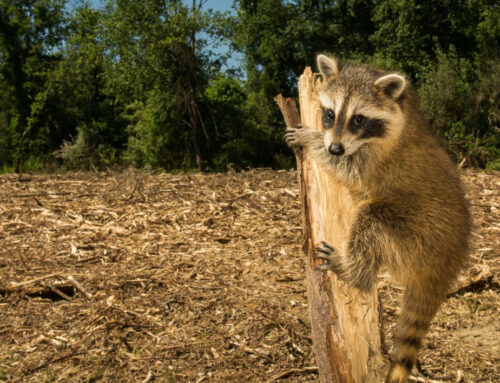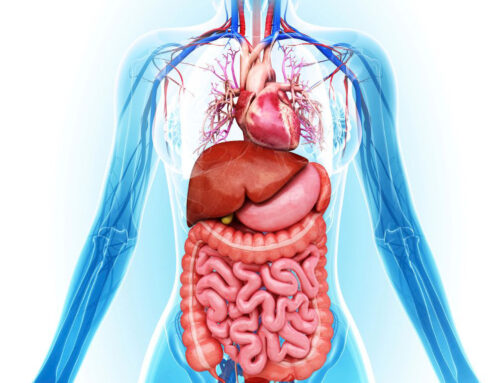In today’s fast-paced, technology-driven world, we often find ourselves distanced from the natural environment. Yet, there is an innate bond between humans and nature that we can’t easily escape — and for good reason. Biophilia, a term popularized by biologist Edward O. Wilson in the 1980s, refers to the deep, instinctive connection humans have with the natural world. This connection, once simply a theory, is now a subject of much research and insight, showing that spending time in nature is not only refreshing but also healing.
What Is Biophilia?
Biophilia suggests that humans are biologically predisposed to connect with nature. It speaks to the idea that our physical and psychological well-being is closely intertwined with the natural world. Our ancestors thrived in natural environments, relying on forests, rivers, and wildlife for survival, and it’s thought that this deep connection has left an imprint on our genes. In essence, nature was integral to our evolution, and even in the modern world, our minds and bodies respond positively to nature’s influence.
In my upcoming book, Wonder and Joy for the Wired and Tired – Finding Inspiration and Well-Being in a Wonder-Filled World, I write extensively about the emotions of wonder, joy, and why regular human interaction with each other and nature is critical to our health and well-being. Let me share with you the names of three pioneering leaders in the field whose work I admire:
Richard Louv and the Nature Deficit Disorder
One of the foremost voices in exploring the link between nature and child development is Richard Louv. In his groundbreaking book, Last Child in the Woods: Saving Our Children from Nature-Deficit Disorder, Louv introduced the concept of “nature-deficit disorder” (NDD). Louv argues that as children spend less time outdoors and more time indoors with screens, they are losing a crucial connection to nature that can lead to a range of issues such as attention problems, obesity, and depression.
Louv’s work has sparked a movement that advocates for the integration of nature into children’s lives, from schoolyards to suburban backyards. He believes that when children engage with nature, they not only benefit emotionally and physically but also enhance their creativity and problem-solving skills. According to Louv, nature is essential for developing a healthy mind and body — something we can all benefit from, regardless of age. While Louv focused on nature’s impact on children, his brilliant work has also proven to be applicable to adults and communities.
The Psychology of Awe: Dacher Keltner’s Exploration of Awe and its Relationship with Nature
Psychologist Dacher Keltner has made significant contributions to understanding the emotion of awe, its relationship with nature, and how they impact our emotions. In his book, The Power of Awe: Overcome Fear, Cultivate Courage, and Discover Your True Purpose, Keltner explores how experiences in nature can invoke feelings of awe, which in turn can promote emotional well-being. Keltner states that awe, particularly the kind we experience in the presence of grand natural beauty, can reduce stress, boost positive emotions, and even improve our sense of purpose and connection with others.
When we find ourselves immersed in the beauty of nature — whether gazing at a towering mountain, a vast ocean, or a quiet forest — we experience a profound emotional response. Keltner explains that the feeling of awe is more than just a fleeting emotion; it has a measurable impact on our health and well-being. It lowers levels of cortisol, the stress hormone, and enhances our capacity for empathy, making us feel more connected to the world and the people around us.
Monica Powers: Integrating Wonder, Nature, and Human Health
Monica Powers, author of the book, The Power of Wonder, is another thought-leader helping us to understand the important relationships between nature, the emotion of wonder, and our well-being. Powers helps others learn how to live and lead more wonderfully, encouraging individuals to interact with nature to improve their mental and physical health. She believes that nature offers something deeper than relaxation: it offers transformation.
Powers emphasizes that nature isn’t just a backdrop for physical activity or a place to escape from the stress of everyday life. It’s a tool for emotional healing and overall health, an environment where we can find clarity, peace, and renewal. Whether through forest bathing, hiking, or simply sitting outside and observing the world around us, nature provides an opportunity for mindfulness and restoration. According to Powers, when we engage with nature on a deeper level, we create a sense of presence that’s often lost in our busy, technology-driven lives.
The Science Behind Nature’s Healing Powers
The scientific evidence supporting the healing effects of nature is growing. Research has shown that spending time outdoors has measurable benefits, from improved mental clarity to reduced symptoms of anxiety and depression. Studies have even suggested that patients recovering from surgery or illness heal faster when exposed to natural settings. In one landmark study, researchers found that hospital patients with a view of nature recovered more quickly than those with a view of a brick wall.
Nature works in multiple ways to heal us. It reduces stress by lowering heart rates and blood pressure, enhances mood through exposure to sunlight and fresh air, and boosts cognitive function by providing a break from the overstimulation of modern life. Whether through the calming sounds of a forest or the invigorating air of the ocean, nature is a restorative force that promotes overall well-being.
Nature’s Role in Our Lives Today
Incorporating nature into our daily lives is more important than ever. In an era dominated by screens and urbanization, it’s easy to forget the vital role nature plays in our health. Yet, the research and voices of experts like Richard Louv, Dacher Keltner, and Monica Powers remind us that nature isn’t just a luxury — it’s a necessity.
Incorporating even small doses of nature into our everyday routines, whether through a walk in the park, gardening, or simply sitting by a window with a view of trees, can have lasting effects on our health. So, next time you find yourself feeling stressed or disconnected, consider stepping outside — you might just find the healing you’ve been searching for.
Thanks for reading. Have a wonderful day.
Pam
Sources:
- Louv, Richard. Last Child in the Woods: Saving Our Children from Nature-Deficit Disorder. Algonquin Books, 2008.
- Keltner, Dacher. The Power of Awe: Overcome Fear, Cultivate Courage, and Discover Your True Purpose. Penguin Life, 2023.
- Powers, Monica. “Healing Through Nature Therapy.” Nature Wellness Institute, 2021, and The Power of Wonder, Hay House, 2023.


